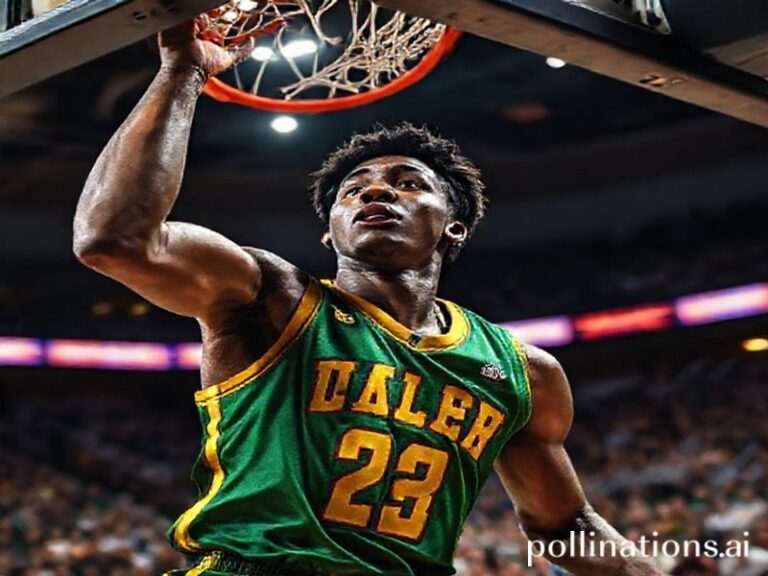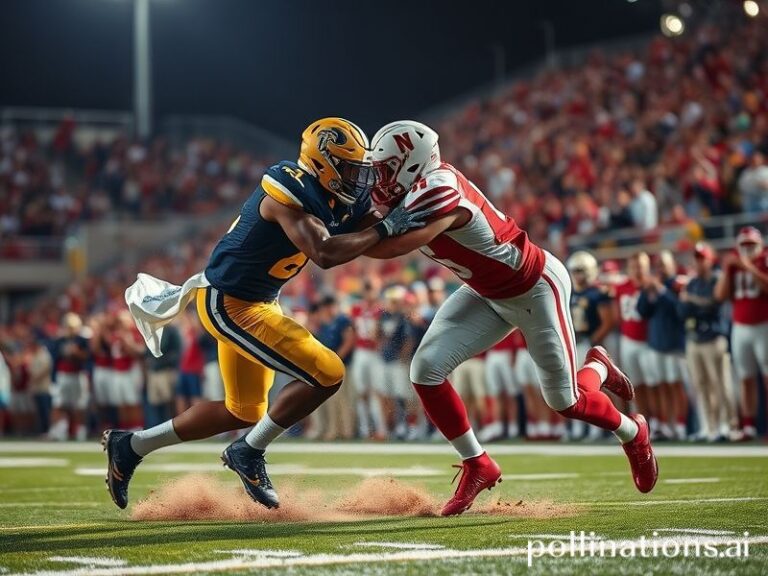How ‘Eagles OC’ Became the World’s Most Ironic Metaphor for Our Collective Free Fall
The phrase “eagles oc” has flapped, talons-first, into the global conversation like a raptor on methamphetamine. Originally a humble American football shorthand for the Philadelphia Eagles’ Offensive Coordinator, it has since mutated—thanks to the universal solvent of boredom known as the internet—into a trans-continental Rorschach test. From a Lagos cyber-café to a Helsinki vape bar, “eagles oc” now signifies something slightly different and equally meaningless everywhere you go. Think of it as Esperanto for the attention-deficit age, only with more winged metaphors and existential dread.
In the United States, the term still clings to its gridiron roots, where grown millionaires in spandex attempt geometric puzzles against other millionaires while the rest of us pretend the outcome will cure cancer. But cross an ocean and the picture warps. In Britain, “eagles oc” has become shorthand for any overhyped strategist—political, financial, or culinary—who promises soaring results yet inevitably crash-lands in a paddock of flaming wreckage. The tabloids used it last month to describe the Chancellor’s latest austerity budget, illustrated with a cartoon bird dropping interest rates like so much guano.
Move eastward and the symbolism darkens further. In Russian Telegram channels, “eagles oc” is meme-code for a shadowy Kremlin planner who supposedly scripts the next battlefield innovation just before it backfires spectacularly. Ukrainian bloggers counter with their own version: a majestic raptor wearing night-vision goggles, dropping crypto donations on artillery units. Each side claims the other’s eagle is stuffed with sawdust; neither side can locate an actual ornithologist.
Meanwhile, China’s state censors—never ones to miss a chance to scrub spontaneity from the web—have quietly banned “eagles oc” from Weibo after netizens repurposed it to describe local property developers promising sky-high returns on ghost-city apartments. The eagle, it seems, is only allowed to soar within Party-approved altitudes. Any higher and you risk re-education via PowerPoint.
Down in Latin America, the term has been embraced by protest movements as a rallying cry against IMF austerity packages. Chilean students spray-paint stencil eagles clutching broken calculators; Colombian unions hand out photocopied zines titled “El OC de las Águilas Neoliberales.” The joke, if you can call it that, is that the eagle is actually a vulture wearing contact lenses. Nobody laughs for long—laughter is taxable in several jurisdictions.
Even the global financial markets have caught the fever. A boutique hedge fund in Singapore just launched the Eagles OC Volatility Index, tracking meme-driven price swings in everything from GameStop to Georgian khachapuri futures. The prospectus warns, in footnote 47, that past performance is no guarantee of future flight patterns and that investors may plummet beak-first into negative yield territory. Naturally, it is already oversubscribed.
What unites these disparate appropriations is the same grim punchline: everyone wants to believe in a higher intelligence choreographing the chaos, even if that intelligence is clearly drunk at the controls. We project onto the eagle our hunger for coherent narrative—someone, somewhere, must be calling the plays. The alternative, that we are merely dodging bird droppings in an open-air asylum, is too bleak to tweet.
And so “eagles oc” glides on, a linguistic drone circling the planet’s collective delusion. Whether you see it as a playbook, a battle plan, a stock-picking algorithm, or simply the sound of your own civic hope being shredded by talons, remember this: the bird isn’t real. The cage, however, is. Buckle up, featherless bipeds; the fourth quarter is just getting started, and the refs are wearing blindfolds—allegedly for health and safety.







